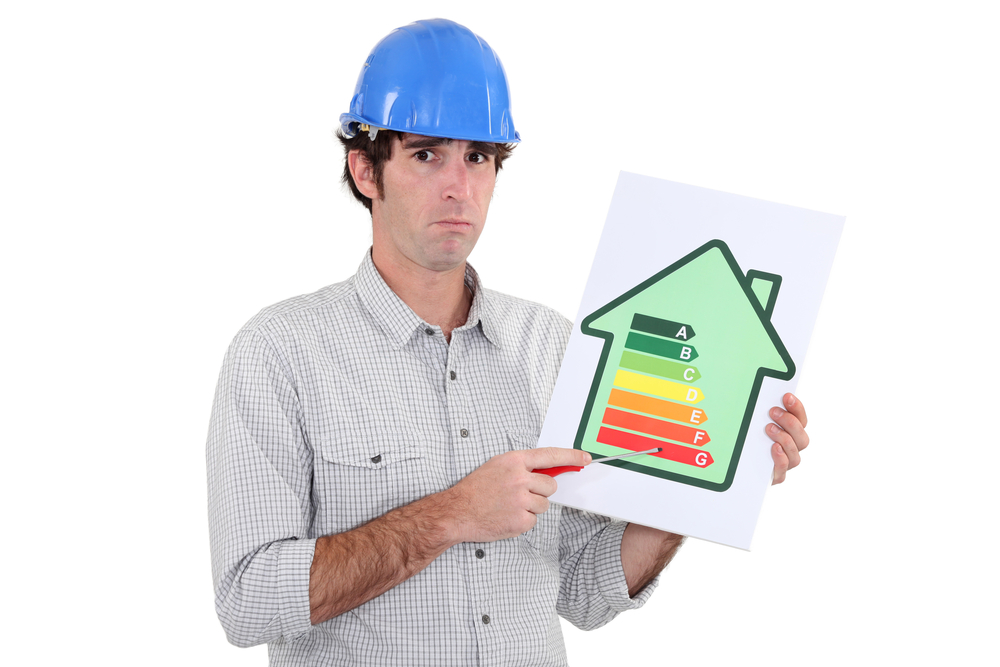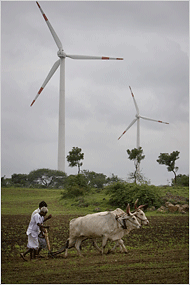 Environmental Economics has been practiced ever since the dawn of mankind but it wasn’t always called that. The principle that being more efficient and less wasteful brings benefits to human beings and the environment alike, has been demonstrated since the times when the first hunter-gatherers would use every part of the plant or animals they had spent precious energy collecting.
Environmental Economics has been practiced ever since the dawn of mankind but it wasn’t always called that. The principle that being more efficient and less wasteful brings benefits to human beings and the environment alike, has been demonstrated since the times when the first hunter-gatherers would use every part of the plant or animals they had spent precious energy collecting.
This principle seemed to have been lost in the times of the industrial revolution when a ‘slash and burn’ mentality dominated, and mechanization meant that no matter what commercial activity we were doing, we were able to take the best from the resources around us and dispose of the so called ‘waste’.
But then we seem to turn full circle.
Fast forward to the days when climate change discussions began, alongside realizing our natural resources were dwindling and the increase in environmental awareness, and we then start to see talks about the damage that our gluttonous wasteful activities were doing. Suddenly the world leaders are discussing how to bring about behavioural change in societies that were no longer sustainable.
To cut a long story short, the solution that was determined to be the mechanism by which to bring about this change was simply cold hard cash, coined in a phrase called ‘Environmental Economics‘.
Environmental Economics in Action
In what could almost be described as a Eureka moment, it turned out that by being less wasteful, people and companies could save money while almost inadvertently benefiting the natural environment. For example, food production companies that source local products can save money on fuel costs while polluting less. Similarly, metal work companies that re-process small amounts of metal waste, sell their recyclable materials, and use heat from the furnaces for other purposes instead of wasting it (a process known as cogeneration), will see a reduction in their overheads, an increase in income from recycling, while simultaneously reducing the demand for raw materials and fuel.
The same principle can be applied in the home. Whether you save money on your water bill by taking showers instead of baths or save money on your electricity bill by installing energy saving bulbs and appliances, you are also reducing the demand on precious natural resources. It’s a simple concept that creates a win-win situation for both the planet and our pockets.
Home Insulation
On a small scale for your home, but collectively a potentially large scale, one simple thing that we can all do to contribute to, and benefit from, is to insulate our homes. According to the UK’s Energy Saving Trust, the average home loses over a quarter of its heat through the roof even though they may already have some loft insulation in place (just not enough). By topping up this insulation to 16 inches or so (40 cm) the average homeowner could save hundreds off their heating bill each year, as well as saving over 700 kg of Carbon Dioxide from being released into the atmosphere. For instance, if the whole of the UK had attic insulation up to the recommended level, £500 million would be saved along with 2.7 million tons of Carbon Dioxide, which is equal to taking 100,000 cars off the road. The UK is a relatively small country so imagine if this was rolled out across the US and the rest of the developed world.
So, after coming full circle from our ancestors, it seems that once again, by realising how precious our resources are, and by getting the most out of what we consume, our impact to the environment will be less, and our own gains will be more. Whether on a personal or global level, implementing Environmental Economics seems to be the way forward.
Photo from Shutterstock
This informative guest post was brought to you by The Mark Group who are global experts in energy saving including home insulation.



